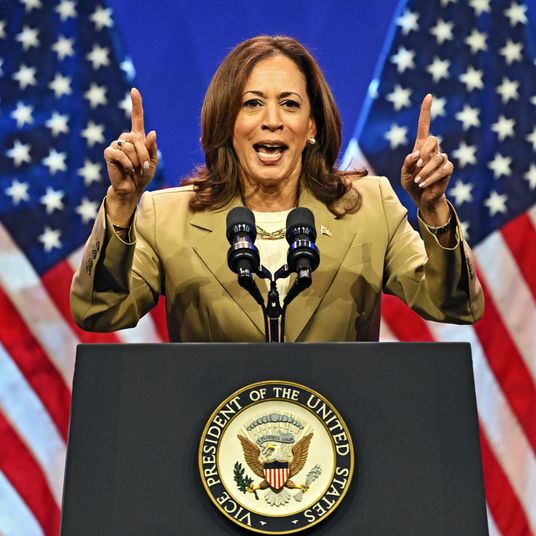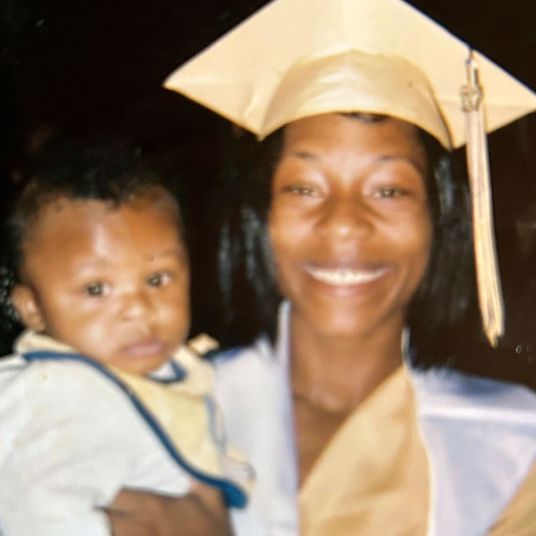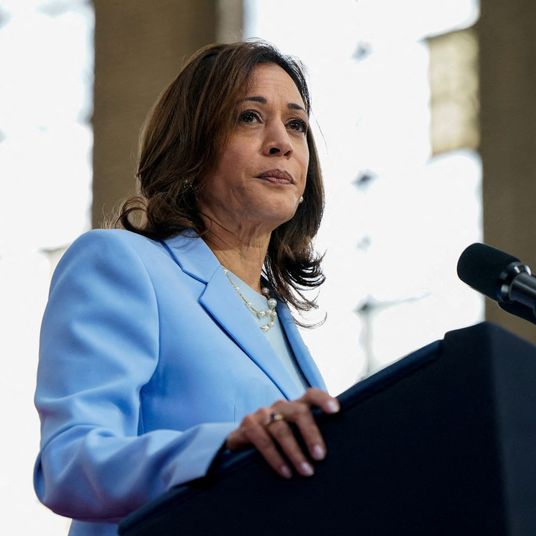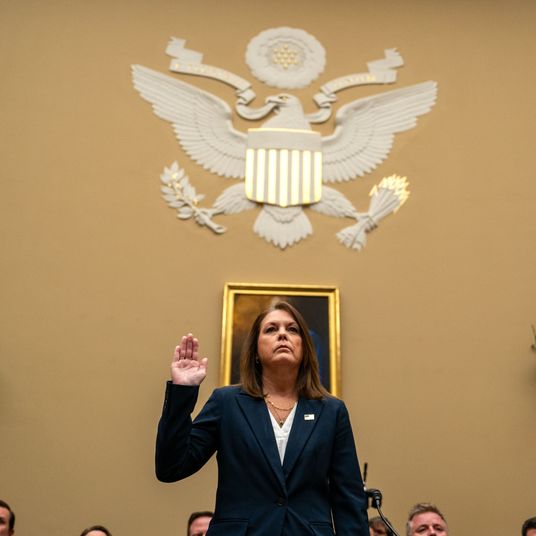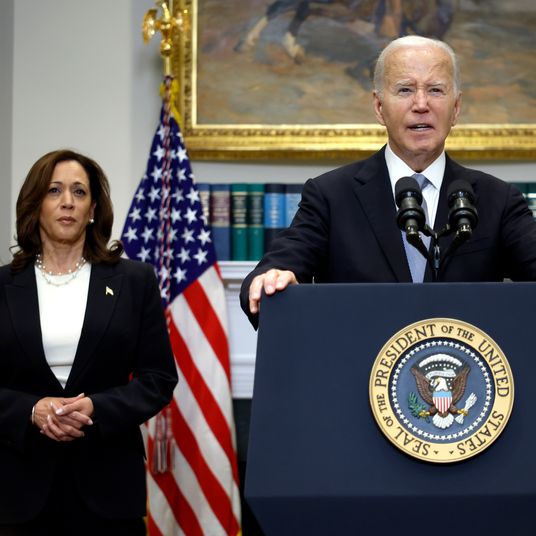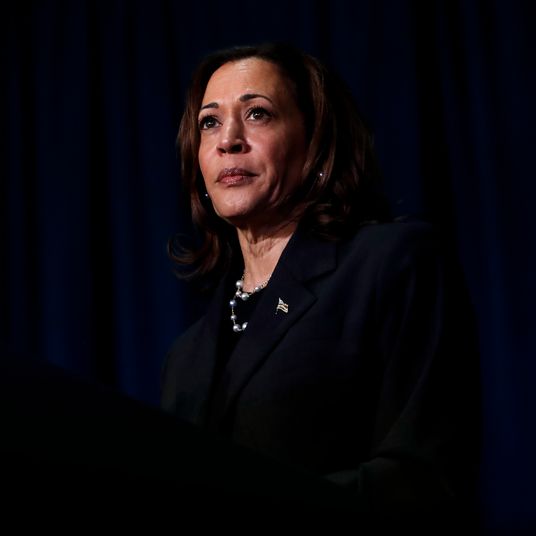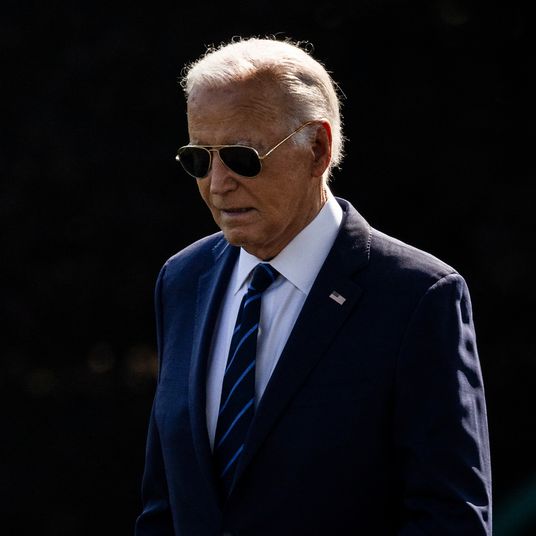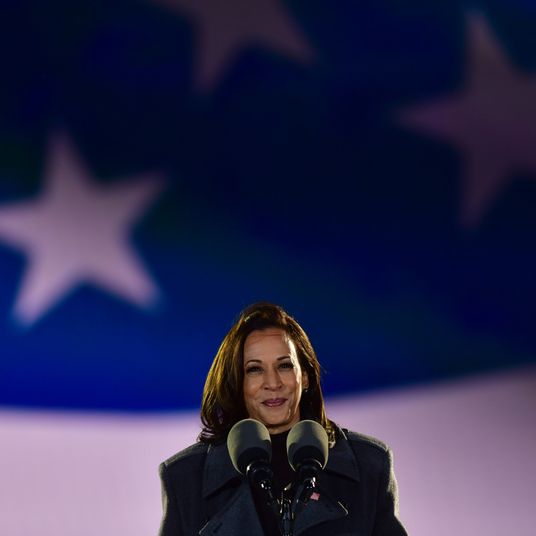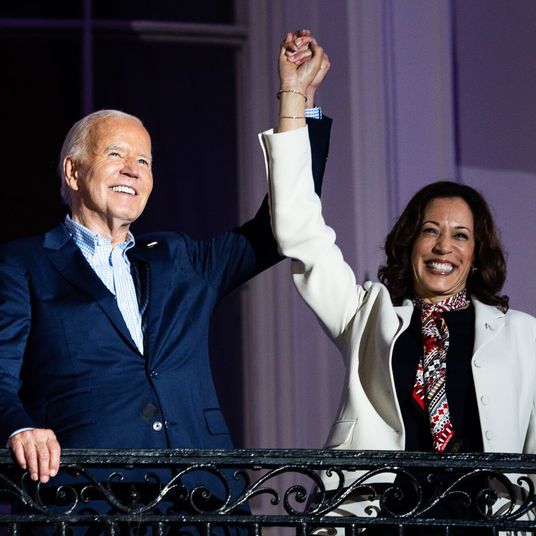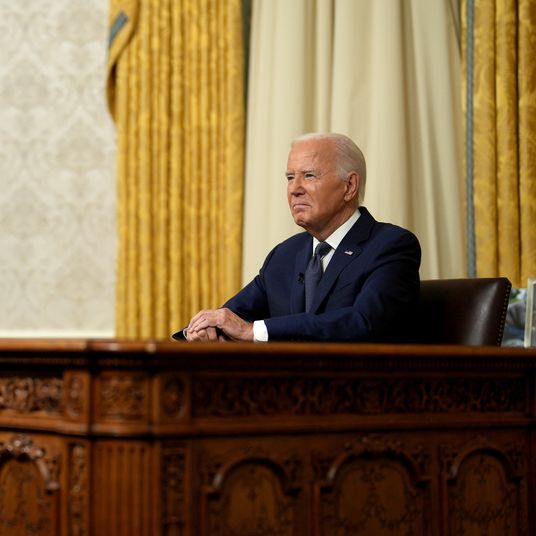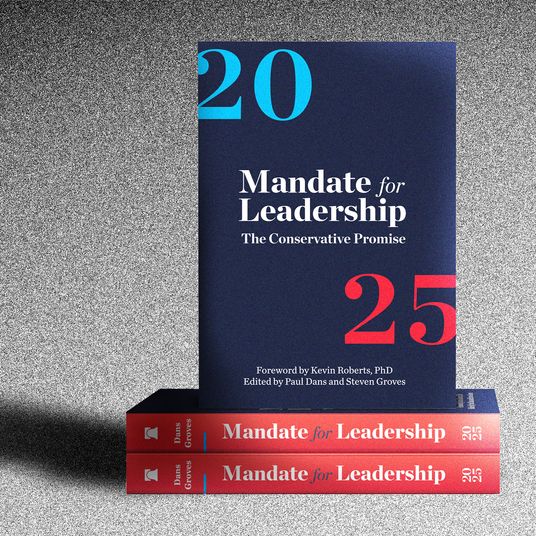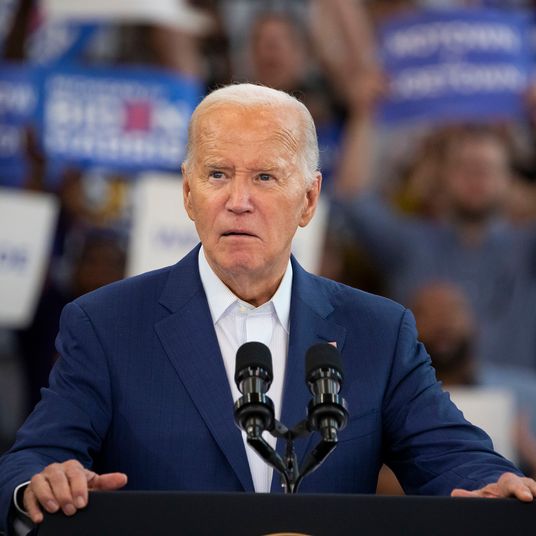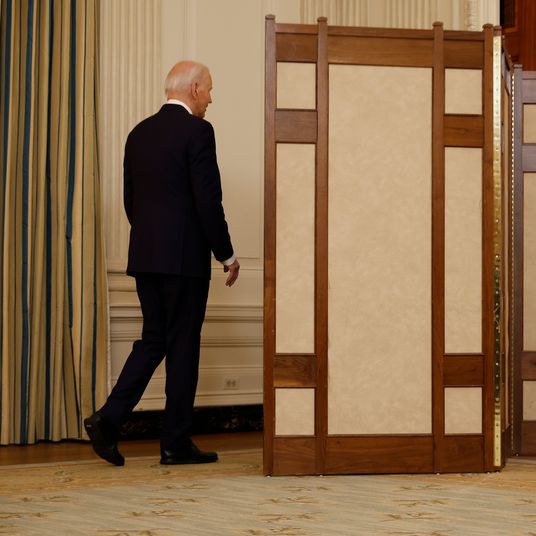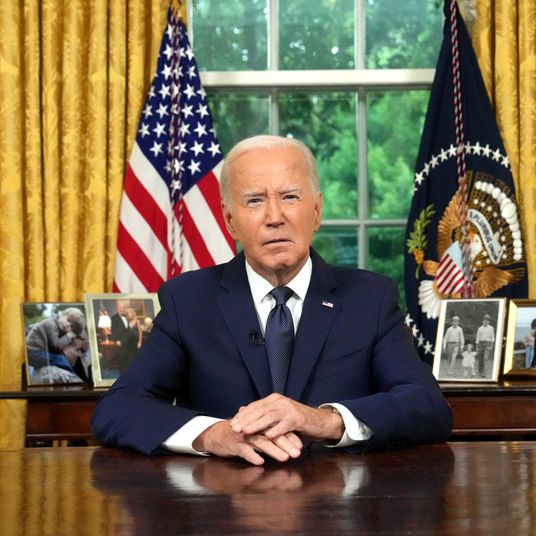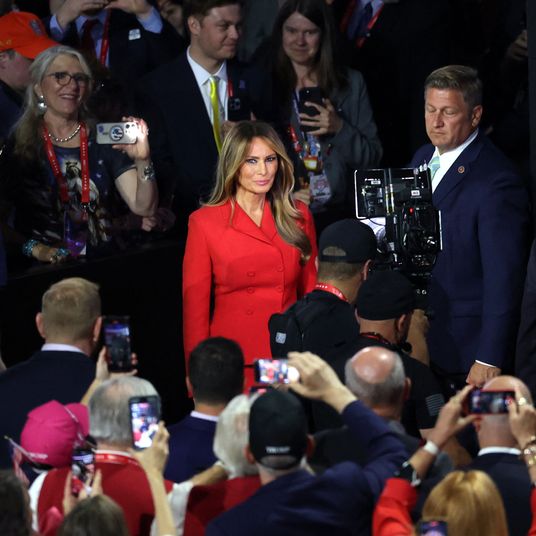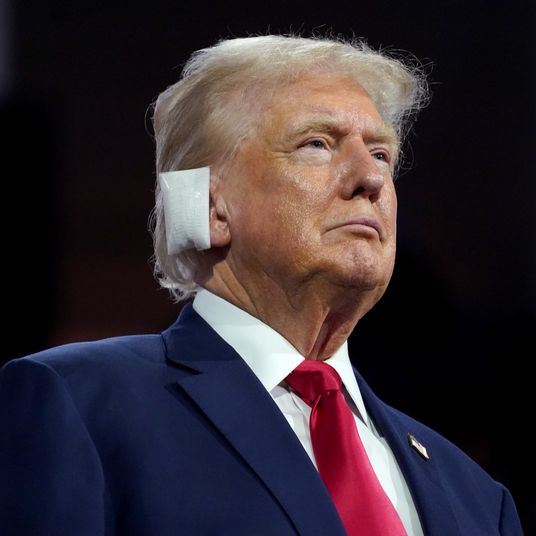
Sammy Nabulsi had just walked into his Boston law office on October 11 when he received a frantic phone call from his wife. She told him that their family friends from Massachusetts, Abood Okal and Wafaa Abuzayda, and their 1-year-old son, Yousef, had been visiting northern Gaza when the war between Hamas and Israel suddenly started. Now they were trapped in the enclave under heavy Israeli bombardment, with troops massing on the border, and they were looking for anyone who could help get them out.
They’re American citizens, this shouldn’t be an issue at all, Nabulsi thought. This is fixable.
At first, he tried to find them an immigration attorney — after all, he was just a real-estate attorney. But as the day wore on, he grew more alarmed. The Okals had already lived through one near-miss with an Israeli airstrike and had fled their family home. They were calling the State Department and the U.S. embassies in Jerusalem and Cairo up to five times a day, but no one could tell them what to do. When he heard how perilous their situation had become, Nabulsi decided he would be “the biggest pain in the ass of every politician, up and down” until the Okal family made it back to the U.S.
In the three weeks since, Nabulsi has become a beacon for American families seeking to get relatives out of Gaza. It is an unlikely role for a 34-year-old lawyer who works on zoning and project development during the day and studies real-estate finance at Boston University at night. A Palestinian American who visited the West Bank once, he had no international contacts either. Desperate to find someone who could help the Okal family, he reached out to a reporter he knew at the Boston Globe and some people in city government. Within a few hours, they connected him to officials in Washington. Every day since, he calls and emails a rotating cast that includes officials in the State Department, the National Security Council, and members of Congress. His free time spent training for a half-marathon or playing with his two kids has been replaced by appearances on CNN, NBC, and NPR, in between checking in with the Okals to make sure they are still alive.
Nearly ten days after the family first asked for his help getting out of Gaza, Nabulsi finally got the WhatsApp notification he was hoping for. Around midnight, a foreign-affairs officer at the State Department messaged him and the family to say that the Rafah border crossing connecting Egypt and Gaza would be opening the next morning.
“We asked him, ‘Is this just for the aid trucks to come in? Or is this also for people to go out?’” Nabulsi said. “And he was unequivocal: It’s both.”
This was the fourth time the family had been instructed to go to the crossing, but this time they were actually hopeful. The State Department officer told them to expect an email at 7 a.m. with further instructions, then a phone call from the department. “And like clockwork, all that happened,” Nabulsi said. The Okals packed their bags and said tearful good-byes to the family members who wouldn’t be allowed to cross into Egypt. Nabulsi stayed up all night, waiting for updates. Another message from the foreign-affairs officer landed in the group chat ten minutes before the crossing was scheduled to open: “I hope you’re there. Please let me know as soon as you make it across.”
Okal and his family waited six hours at the gate cramped with thousands of Gazans hoping to escape, but they never crossed. Nobody did. Nabulsi said the officer later told him that the U.S. had been unable to finalize an agreement between Hamas, Israel, and Egypt to secure adequate humanitarian aid in exchange for allowing foreign nationals to leave. Instead, they crammed into a single-family home in southern Gaza with 37 others. A powerful explosion close by blasted out the home’s windows and cracked the walls, according to Nabulsi. Okal sometimes waited hours to receive just one gallon of clean drinking water and baby Yousef ran out of milk entirely.
After the family’s hopes were dashed, Nabulsi emailed everyone in the U.S. government he could think of. The situation in Gaza is “incredibly complex,” one White House official told him, adding they were “working all of our channels.”
“If you have connections that can influence in that regard I urge you to also send these messages to them,” the email concluded.
Nabulsi was in disbelief. “The White House National Security Council is asking a private citizen, a nobody up in Boston, to try to encourage foreign governments to let this family through,” he remembers thinking.
So he did. A friend-of-a-friend connection in the Israeli government went nowhere, but he started coordinating with officials in Lebanon. Stateside, he reached out to nongovernmental organizations about their strategies to evacuate American citizens from Gaza. Nabulsi wouldn’t say much more about his alternative plans on the record, but he “lost a lot of faith” that the U.S. government would intervene. “I think they’ve lost total control of this situation.”
The media blitz he went on to bring attention to the Okals also meant bringing attention to himself. With every on-air interview and article that comes out, his phone blows up with calls, emails, and messages — even on LinkedIn — from family members begging him to get their loved ones out of Gaza. Earlier in the war, the State Department estimated that about 600 U.S. citizens were stuck in Gaza, and Nabulsi said he’d been contacted by well over 100 of their friends and relatives.
Leah Okumura, a biology professor at Wellesley College, first heard of Nabulsi in a news article about the Okals. Her aunt, Ramona, is a prosthetics expert who had gone to Gaza as a medical volunteer and was sheltering in a compound connected to a Greek Orthodox church. Leah and her cousins had launched their own media campaign and traveled to Washington to beg Congress for help, all to no avail. On October 19, the day Okumura returned to Massachusetts, the church was hit by an Israeli airstrike. Exhausted and frustrated, she looked up Nabulsi.
“Everyone was saying, ‘We know about the situation, and the safety of U.S. citizens is our number-one priority, and we’re gonna do everything we can,’” Okumura said of the lawmakers she met with. “But nothing was actually being done. So I found Sammy’s email and said, ‘I want to connect about this because we’ve got to find strength in numbers.’”
Early Wednesday morning, as news trickled in that several hundred foreign nationals had been approved by Hamas to cross the border in Rafah, Nabulsi called me, incensed. The State Department said Americans in Gaza would be receiving specific departure windows when the Rafah crossing at long last opened up, but when the list came out, there were only five Americans listed — NGO workers (including Okumura’s aunt, Ramona) whose organizations had coordinated their departure separately.
“I’m really struggling today, because this is kind of the same shit we’ve been going through for the last several weeks,” Nabulsi said. “The families are hearing one thing from the State Department, but then whatever the State Department’s saying is just not playing out on the ground. I just can’t help but wonder who the hell are we bargaining on behalf of in these discussions? Because I’m seeing foreign civilians of other countries get out, seeing aid come in. I’m seeing Israel continuing to bomb the hell out of Gaza. But I’m not seeing anything about American citizens getting out.”
Ramona and one of her colleagues were the only two Americans who actually made it to Egypt on Wednesday. “Luv to everyone who helped me get out,” she texted her family once she was safely in Cairo. “Pray for the people of Gaza who now don’t have us as shields from harm.” Leah said while she is happy her aunt is safe, “it’s hard to be fully happy knowing that all these people that she cares about are still in those terrible conditions. If people are happy that she’s safe, they should want all of those people to be safe. They should want this situation to end rather than just get a handful of people out.”
Late Wednesday night, the Okals learned that they and 397 other Americans were approved to depart on Thursday. Nabulsi remained skeptical, but Ramona’s successful escape gave him hope. After another all-nighter for Nabulsi, the family finally crossed the border into Egypt.
“When I got the message from them that they had gotten into Egypt, I lost it,” Nabulsi said. He’s not certain whether his relentlessness made a difference, but “this was on nobody’s radar three weeks ago, when we started to raise it.”
Still, he has more work to do. Abood Okal’s parents and brother, also American citizens, didn’t make it through the crossing on Thursday. His in-laws are petitioning to leave as the immediate family of a citizen.
“At some point, I’m sure one of my partners is going to come in and confront me, but I’m sorry, like, everything feels so stupid,” he said from his law office turned war room. “I can’t sit here and futz around with opposing counsel in a dispute over where a fence should be or some noise complaint or some permit on a project. I just can’t even think about it when there are human beings’ lives in the balance.”
More on the Israel-Hams War
- DSA Ditches AOC for Not Being Anti-Zionist Enough
- My Father and the Withering of Liberal Zionism
- How Gaza Has Shaken Black Politics






